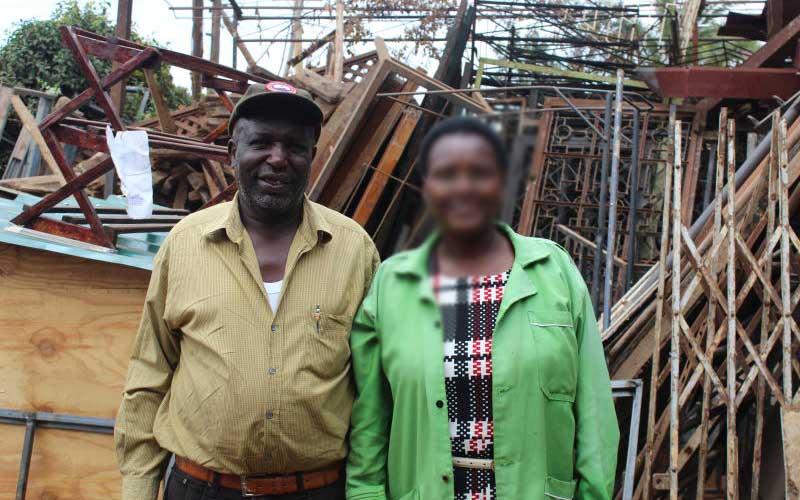
Humphrey Wainaina’s metal workshop in Gachie, Kiambu County, does not stand out. There is the usual loud clanging of metal, intermittent bright white flashes from welding rods as apron-clad blacksmiths in dark sunglasses weld pieces of metal together, and the waft of the usual ‘metallic’ odour you’d expect in similar workshops.
After he sees me, he approaches me and offers a firm handshake. And then, the 56-year-old instructs one of his employees to be ready for a lunch meeting. “His name is Peter Mwangi. Would you believe he has spent 17 years in prison?” he asks me while referring to the person he was talking to.